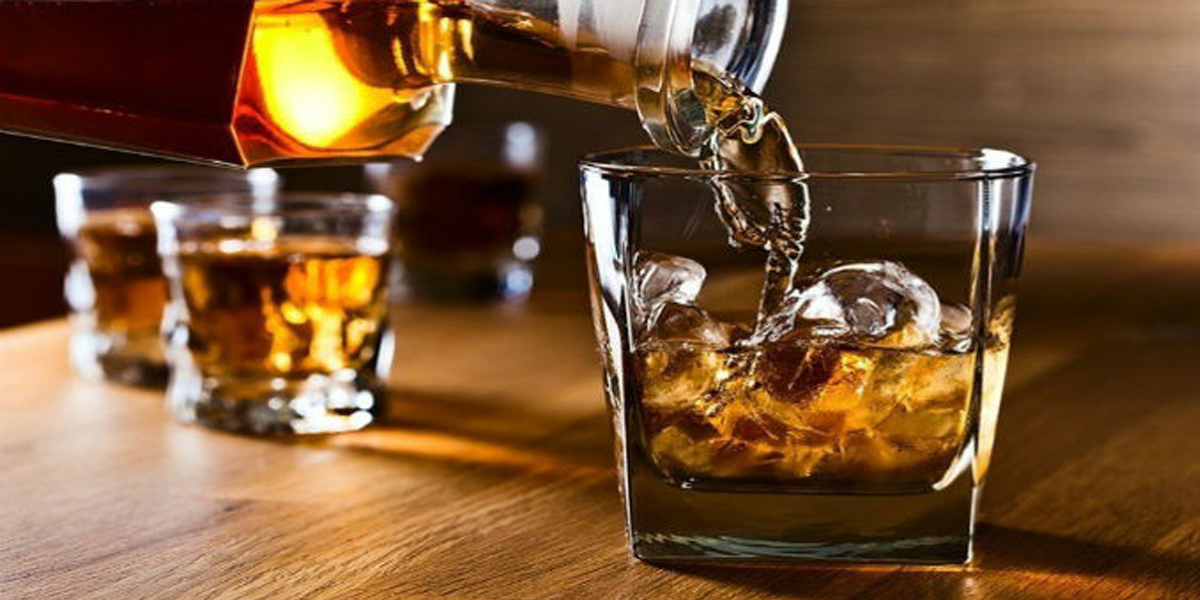You’re eager and excited, and we understand that you can’t wait to get started on your very own adventure into the wonderful world of Japanese whisky, or is it Japanese whiskey? Perhaps its single malt whisky, blended whisky, grain whisky, bourbon, or rye whiskey?
Yep, there are quite a few terms in the whisky world and before you venture out, glass in hand, ready to taste the golden Japanese wonders, it’s best you familiarize yourself with them.
After all, the last thing you want is to get caught off guard during a conversation with an all-knowing whisky expert and need to chug your dram to avoid talking.
While the list of whisky terms isn’t small, there are a few rules and pointers that will make the process of learning much easier. Instead of throwing explanations at you, it’s better to explain each term and make it stick.
Here we go.
Correct – Japanese Whisky
Let’s make it clear from the get-go, it’s Japanese whisky. Not Japanese whiskey or bourbon. It was and always has been whisky, and there’s a good reason behind the term.
When it first kicked off, just over a century ago, Japanese whisky was greatly influenced by the much older, more established Scotch whisky industry in Scotland.
The father of Japanese whisky and founder of Nikka, Masataka Taketsuru, actually spent years in Scotland studying the art of distillation. He even married a Scottish lady.
Shinjiro Torii, founder of Suntory, spent his life trying to create a unique product for the Japanese population, which would surpass the ever-popular Scotch whisky.
Most of what happened in the world of Japanese whisky was influenced by Scotch, from the creation of blended whisky to quality Japanese single malts.
The spelling in Scotland is whisky, so Japan adopted the same term.
Incorrect – Japanese Whiskey, Japanese Scotch, Japanese Bourbon
To some, these terms may sound strange. “Who says Japanese whiskey? Or Japanese Scotch?” Well, in fact, the vast majority of the world’s population uses one of the above terms.
It’s important to understand that the boom of Japanese whisky is fairly new, and many expressions aren’t readily available worldwide. Therefore, it’s natural that terms from the long-established Scotch, whiskey, and bourbon industries were adopted to describe Japan’s whisky.
It’s normal to hear a term being thrown around and assume it’s correct, but always remember that many whisky lovers aren’t always clued up on terms and history. Here is a little list to guide you through the whisky lingo.
World Terms
Scotch Whisky – The spelling of “whisky” derives from the ancient Gaelic term uisge beatha. The term is translated as the water of life. During the 12th century, the term was shortened and became the whisky we know today.
Irish Whiskey – During the nineteenth century Scotch whisky had a reputation of being of low-quality and bad taste. At the time, the Irish were also making whisky but wanted to differentiate their products from Scotch and its inferior image. So, they threw in an “e” and marketed their products as whiskey.
American Whiskey – In the U.S. the influx of Irish people and exports from Ireland made Irish whiskey very accessible and so, the term was also adopted there. To this day America continues to use the “e”.
Rest of The World – Today, the spelling of “whisky” is used by law, and production under this name comes with many rules and regulations.
As a rule of thumb, the large industries of Canadian whisky, Japanese whisky, as well as England, Australia, and most other countries omit the “e”.
Whiskey is mostly used for Ireland and the U.S. However, note that some distilleries in countries without strict regulations may choose a different spelling.
Bourbon Whiskey – It’s called whiskey as it hails from the United States. The bourbon term originates from Bourbon County in Kentucky, where bourbon is said to have been first produced.
Many believe a bourbon can only be named so if it is produced in Kentucky, but that is incorrect. It applies to all of the U.S, if the spirit checks certain production requirements.
There you go, now you’re ready to start enjoying all the Japanese whisky, Scotch, and American whiskey the world has to offer, safe in the knowledge that your whisk(e)y terminology is up to speed. Spread the good word, and convert the Japanese whiskey lovers, into whisky lovers!
Published: October 14, 2017Author: George Koutsakis
